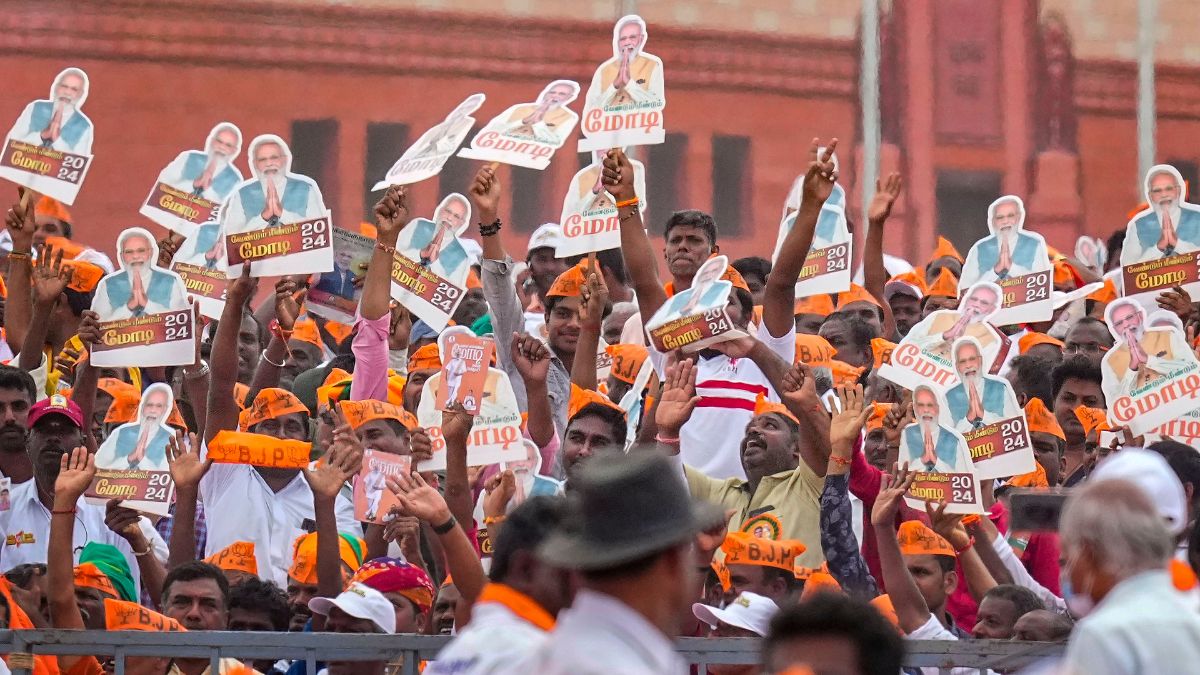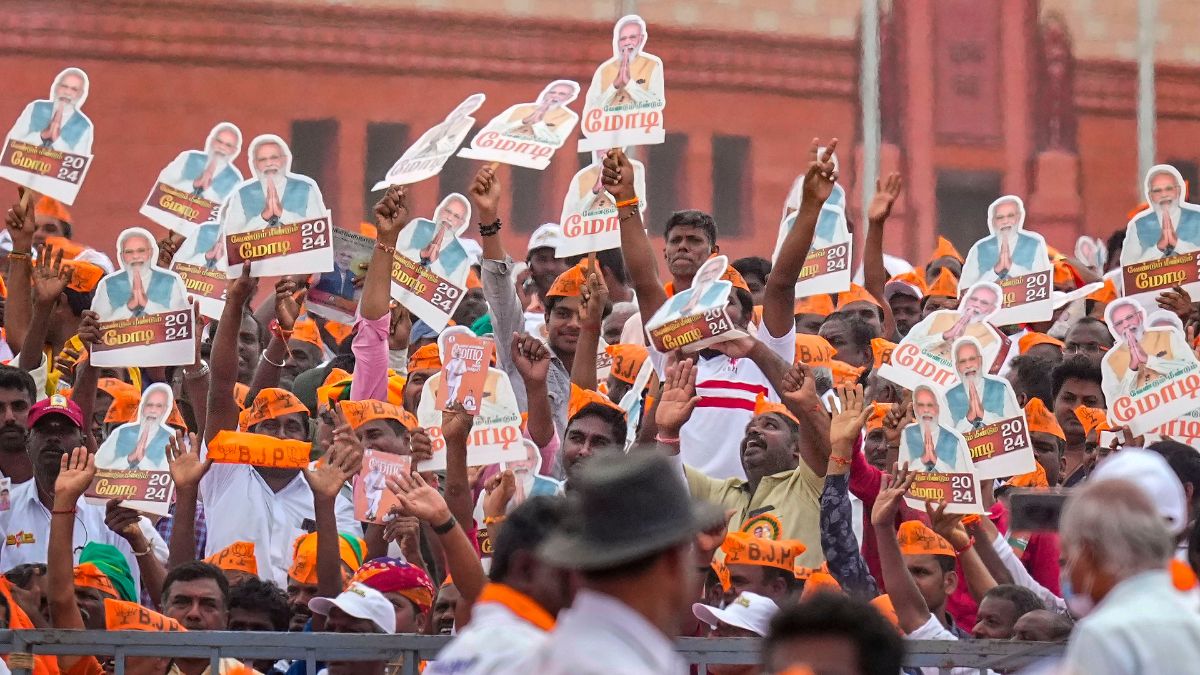President Pranab Mukherjee, in the second volume of his memoir The Turbulent Years: 1980-96, has said that it was then Prime Minister PV Narasimha Rao’s inability to prevent the demolition of the Babri Masjid that was his biggest failure.
In his memoir, Mukherjee wrote that the demolition of the Babri Masjid was “an act of absolute perfidy, which should make all Indians hang their heads in shame,” according to Hindustan Times .
“The inability to prevent the demolition of the Babri Masjid was one of PV’s biggest failures. He should have entrusted the task of tough negotiations with other political parties to a more senior and seasoned politician familiar with politics in UP,” the report quoted an excerpt from the memoir as saying.
According to the report, the memoir further said that after the demolition of the mosque, Mukherjee — in a private meeting with Rao — asked him, “Was there no one who advised you of the dangers? Did you not understand the global repercussions of any damage to the Babri Masjid? At least now take concrete steps to quell communal tensions and assuage the feelings of Muslims through affirmative action.”
The president clearly seems to have given a very frank account of incidents which affected him deeply. He also described how Rajiv Gandhi reacted after Indira Gandhi’s assassination and how he eventually became prime minister.
According to another Hindustan Times report , in one of the most emotional parts of his memoir, he wrote that after Rajiv Gandhi received the news that his mother had been shot, he turned to him and asked, “Did she deserve all these bullets?”
Mukherjee also wrote that after it was decided that Rajiv should become PM after Indira’s death, he was the one who told him to take over as PM. Rajiv’s immediate response was: “Do you think I can manage?”
The President’s strong statements on the Babri Masjid demolition comes a little over a week after he had said that the idea of secularism needs to be further strengthened in the minds of young people to build a harmonious society.
On 19 January, addressing institutes of higher learning and civil service academies, the President had stressed on the need for providing “value-based education” to the youth.
“We must inculcate in them the spirit of democratic behaviour which calls for an appreciation of the rich diversity of our nation, assimilation of ideas, and accommodation for divergent or contrarian views.
“The idea of secularism is deeply ingrained in the consciousness of our nation. It has to be further strengthened in the minds of the young ones to build a harmonious society,” he had said.
The president had also spoken about gender equality and had said it was important for having an “inclusive society”.
“The occurrence of some unfortunate incidents of atrocity and violence against women in recent years should strengthen our resolve to wipe out any trace of depravity and evil from the minds of individuals.
“Respect for women is sacrosanct in our society with its roots embedded in our civilisational values, which are reflected in our Constitution. A spirit of reverence towards women must be instilled in our children in our homes and educational institutions. It must guide social conduct of an individual from an early age,” Mukherjee had said.
With inputs from PTI


)




)
)
)
)
)
)
)
)